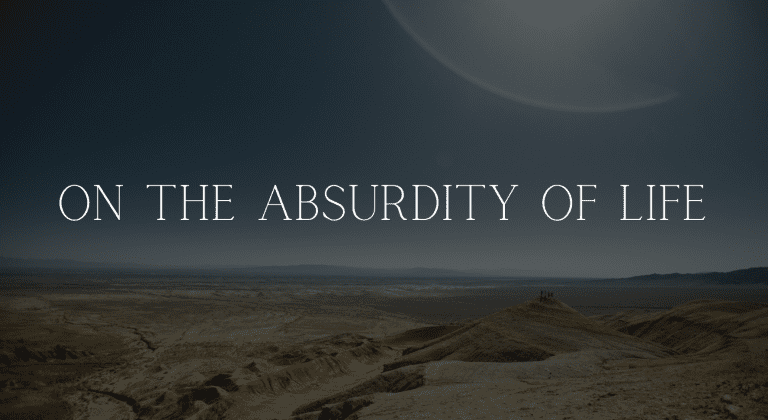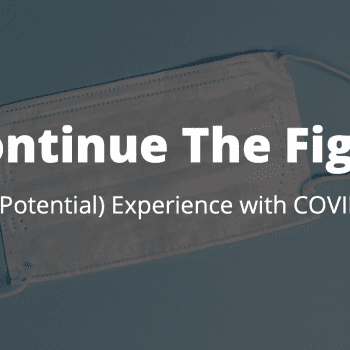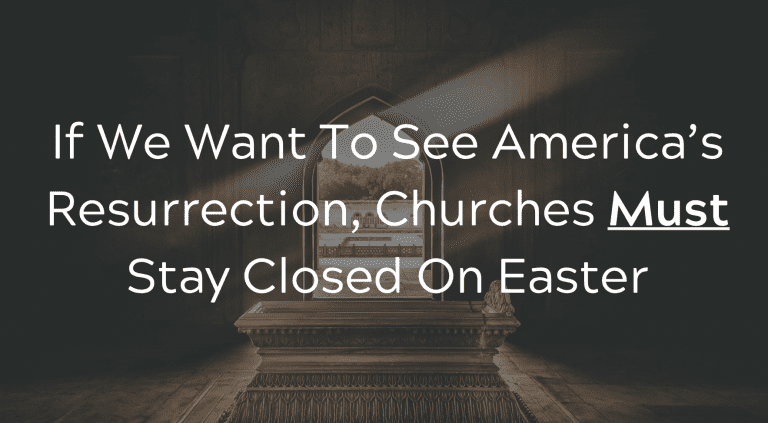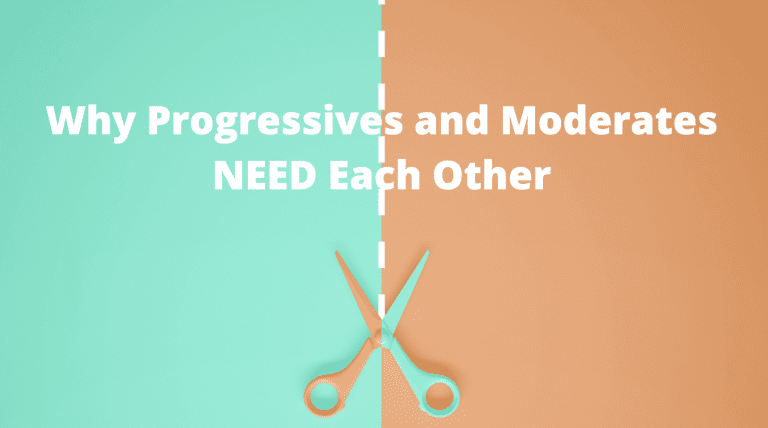Meet the Revangelicals is a new series of interviews on Revangelical where I get the chance to introduce you to some of the ![]() people who inspire me in my mission to rethink, reform, and renew my evangelical faith. These men and women are all doing extraordinary work within evangelicalism and are full of great wisdom and passion that I know we all can benefit from. Today, to kick off this series, I am excited to have Jonathan Merritt join us! Jonathan has been a very influential voice among millennial evangelicals as he has engaged with a variety of topics ranging from politics to sexuality through his Religion News Service Column, On Faith and Culture. Jonathan is the author of several books including his most recent release, Jesus Is Better Than You Imagined. (Which is an absolutely phenomenal read!) He is the son of a former President of the Southern Baptist Convention and mega church pastor, James Merritt, which has given him great insight into the inner-world of evangelicalism in the United States. Overall, Jonathan is an absolutely compelling guy and has been a source of great inspiration to me personally over the years. I am excited to get a chance to chat with Jonathan about being a revangelical on the blog today!
people who inspire me in my mission to rethink, reform, and renew my evangelical faith. These men and women are all doing extraordinary work within evangelicalism and are full of great wisdom and passion that I know we all can benefit from. Today, to kick off this series, I am excited to have Jonathan Merritt join us! Jonathan has been a very influential voice among millennial evangelicals as he has engaged with a variety of topics ranging from politics to sexuality through his Religion News Service Column, On Faith and Culture. Jonathan is the author of several books including his most recent release, Jesus Is Better Than You Imagined. (Which is an absolutely phenomenal read!) He is the son of a former President of the Southern Baptist Convention and mega church pastor, James Merritt, which has given him great insight into the inner-world of evangelicalism in the United States. Overall, Jonathan is an absolutely compelling guy and has been a source of great inspiration to me personally over the years. I am excited to get a chance to chat with Jonathan about being a revangelical on the blog today!
Interview:
BR: Jonathan, though I am sure you’ve never used the term, I have been calling you a Revangelical since the day I came in contact with your work. You have done a fantastic job of rethinking your evangelical faith in light of your experience as a millennial and have somehow maintained a robust evangelical faith. In your most recent book Jesus is Better Than You Imagined, you talk about how the faith you inherited had grown stale but was reinvigorated after you engaged in a search for God and found him in some of the most unlikely places. Can you explain what led you to begin searching for God again and what you have found since you began rethinking your faith?
JM: I sensed that the God who created me was better than the God I had created. And I think I just decided that if I didn’t rediscover who God is, then God and I would end up like an old married couple–sitting on the couch each evening, rarely talking. Sure, we would have stayed together but I would always wonder if I stuck around longer than I should have.
Since I’ve begun looking for God–for Jesus–anew, I have found that Jesus comes in places and ways many people never consider. I traveled to a desert monastery and took a vow of silence, and there I discovered that we can meet Jesus in quietude. My friend died of a flesh-eating bacteria, and I discovered that we can meet Jesus in tragedy. When I was held at gunpoint by bandits in Haiti and had to bribe my way to freedom, I discovered that we can encounter Jesus in the impossible. The list goes on, but whether it is mystery or absence or waiting, I think Jesus waits for us in the unexpected places and unpredictable times.
BR:How have you maintained a robustly evangelical theology even as you have changed politically, socially, and spiritually?
JM: When I think of an “evangelical theology” I think of Bebbington’s quadrilateral: Biblicism, Cruci-centrism, Conversionism, and Activism. These are the four best and most historic markers of evangelicalism. Many people tend to ascribe more specific or narrow theological beliefs to “evangelical theology.” But whether or not one is an inerrantist or believes in just war or votes Republican has never defined what an evangelical is. I’ve never really strayed from these four cornerstones that Bebbington lays out, and I can’t imagine that I ever will.
BR: You are the son of a preacher man. In fact, you are the son of a very prominent pastor who was a former President of the Southern Baptist Convention and has a prominent television ministry around the nation. What was it like growing up in “Evangelical Royalty”? How has the effected your faith?
JM: I don’t know that I would call it “Evangelical Royalty.” But I certainly grew up in the “inner sanctum” of the conservative evangelical movement in America. This was both a blessing and a burden. On the one hand, it grounded me in the Bible–I’ve memorized a lot of scripture as a result–and taught me that faith was a serious matter. On the other hand, it also gave me a lot of ideas about what it means to follow Jesus that aren’t true or helpful or Biblical. I’ve had to do a lot of sorting to separate the blessings from the burdens, but that seems about right. I don’t know anyone in any faith tradition who hasn’t had to sort through the messy mix of good and bad in their childhood faith. As Albert Schweitzer once said, “Each successive epoch found its own thoughts in Jesus, which was indeed the only way it could make him live.” Every generation has to do what I have done. So in that regard, my upbringing doesn’t seem more positively or negatively impactful than the next Christian’s.
BR: What are some of your biggest challenges as an evangelical? What are the things about our tradition that drive you nuts?
JM: I don’t like the name calling and the rancor and the way some people are just downright jerks. But the worst thing is the way some Christians have gotten so darn whiney. Take the way some evangelicals approach politics, for example. They mobilize against a particular faction of society (atheists or gays or democrats) and do their very best to forcibly marginalize them. Then, when the cultural tide shifts and those factions return the favor by attempting to marginalize those Christians, they cry foul. It’s really maddening to watch sometimes.
BR:What has kept you an evangelical? What about our tradition has kept you from leaving it behind for another faith tradition or no faith at all?
JM: In the end, I see more positive things about our faith tradition than negatives. We are engaged in many compassion and justice ministries and funnel millions upon millions into charitable causes. We are committed, on the whole, to the Scriptures and to encountering a living God in everyday life. We’re passionate about the great commission overall, and many are working hard to spread the gospel to the nations. So I’m encouraged by these things and choose to focus more on them. No movement is perfect. If you find one that is, let me know. I’ll join it.
BR: As a rising leader in evangelicalism, where do you think our tradition is heading? Where do you want to take us? What do you hope for our future?
JM: I have a lot of hope for the future. If there is one word I would use to describe what I think the future of American evangelicalism will be, I’d say: diversity. I think you’ll see more political diversity, theological diversity, and ecclesiological diversity as the movement continues to fragment (of course, evangelicalism has never been monolithic). The question will be whether or not we can find unity in that diversity and co-exist together, even cooperating for the purpose of ministry and the common good.
BR: How do you feel about the theological exploration and the pushing of doctrinal boundaries that many millennial evangelicals are engaged in? For instance, Rachel Held Evans has recently gotten a ton of flack because she referred to God as “she”, breaking with evangelical theological norms. Is this kind of exploration helpful? Have you played with or changed theologically?
JM: I think I’ve changed theologically over the years. If you haven’t you should be worried. I hope to never get stale in my thinking or so set in my ways that I can’t consider what I may have gotten wrong. I try to live in the spirit of the Reformer’s motto “semper reformata” or “always reforming.” If there’s one thing I’ve learned through studying Church history, it is that every generation has significant theological blind spots that they transform into sacred cows. Looking back, future generations wonder, “How did they get that thing so wrong?” You don’t change for the sake of change, but neither should you hold your ground for the sake of inertia either. So I’m always in a mode of discernment, weighing out the ideas I’m encountering in light of the scriptures and the Spirit’s leading in my life.
At the same time, I’ve not shifted at all at the cornerstone Christian beliefs that you would find in the historic creeds. I think I am more confident about some things than others, and I can’t imagine a future where my understanding of anything asserted in the Apostles’ creed, for example, would change dramatically.
BR: From your perspective, is there a future for evangelicalism or are our best days behind us?
JM: I’ve actually pondered this question for some time, and I wonder how one would even determine that. Who is to say and what metric would one use to judge such a thing? You could measure the “betterness” of one’s days by numbers of conversions or overall growth, I suppose. But that seems like a very mathematical, Western approach. You could judge the “betterness” of one’s days by whether or not the Spirit is moving, but how would one even quantify that. I think evangelicalism has experienced some wonderful and dark days in the past. And I imagine we’ll experience our measure of each in the future.
BR: What advice do you have to give to your peers- those of us who find ourselves within the evangelical tradition but are working to remove some of the baggage that has been piled on to it over the last few decades? What encouragement do you have to offer?
JM: Just be faithful. When I first started out as a writer and advocate, I wanted to “change the movement.” Looking back, this was probably more hubris than anything. The best I can do is just be faithful–with my vocation and my voice. And if I pursue faithfulness in all things, the rest will take care of itself. Many of the people whose lives “changed a movement” or impacted the world didn’t set out to do that. The Beatles didn’t wake up one morning in a purple haze and say, “Hey guys. I know what we should do today. Let’s revolutionize rock and roll.” No, they just set out to make the best music they knew how to make. When we focus on just being faithful with what we have been given and what we have been called to do, the rest tends to work itself out.
BR: Jonathan, thank you so much for taking time to join us on The Revangelical Blog today! I so appreciate all of your work! Keep it up!
For more information on Jonathan’s writing and other work, check out his website www.JonathanMerritt.com
**Please note that none of the guests interviewed on Meet the Revangelicals are officially affiliated with The Revangelical Blog on Patheos or The Revangelical Movement in any way.












